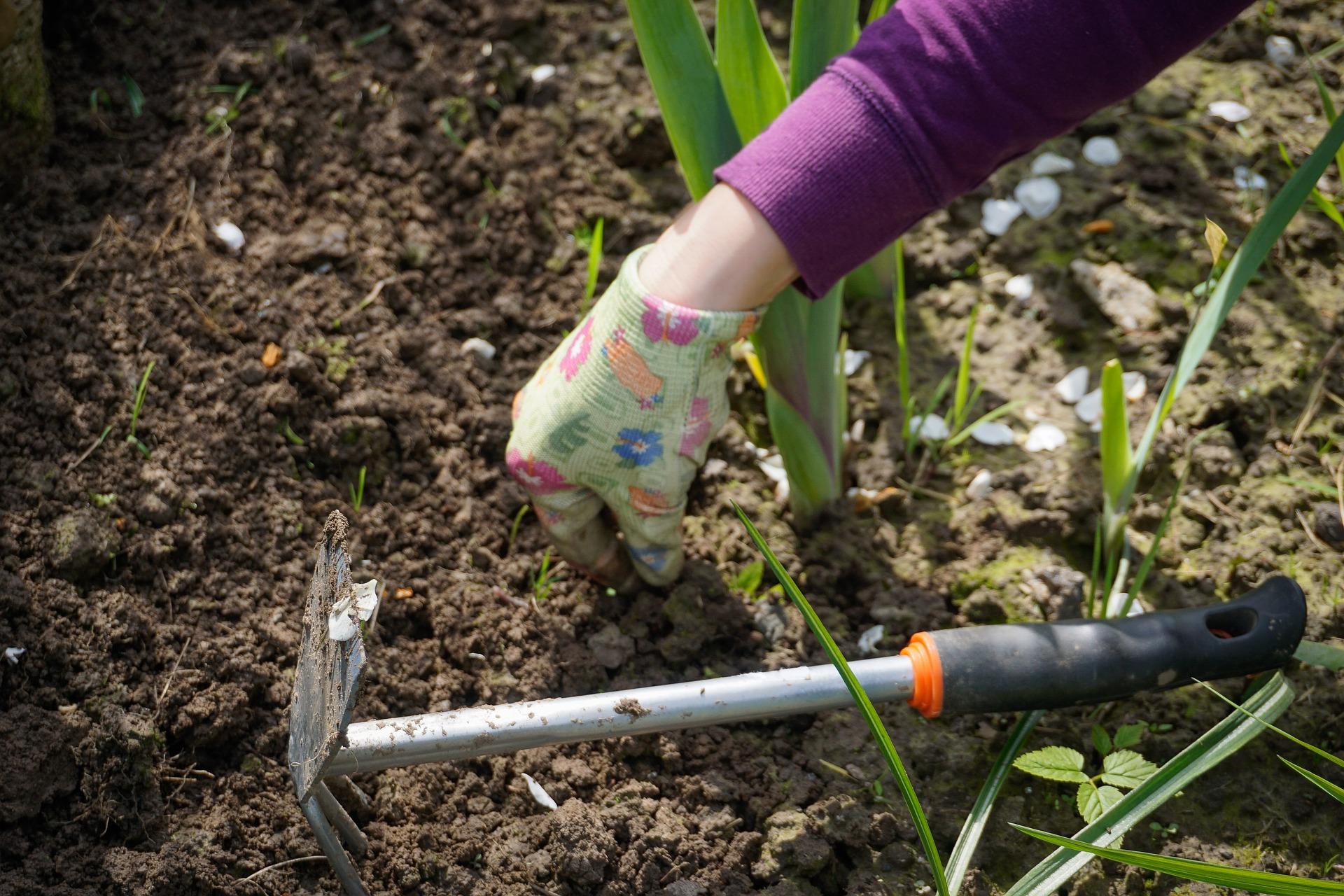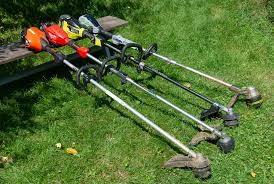Identifying And Controling Weeds In Vegetable Gardens, Weeds are one of the most common and persistent challenges that vegetable gardeners face. They compete with crops for essential nutrients, light, and water, which can severely affect plant growth and reduce yields. Successful gardening requires effective weed management strategies to maintain healthy crops and ensure a productive harvest. In this article, we will explore the importance of identifying and controlling weeds in vegetable gardens, along with practical tips and techniques to keep them at bay.
Identifying Weeds in Vegetable Gardens
The first step in managing weeds is knowing what you’re dealing with. Not all plants growing in your garden are weeds, so accurate identification is crucial. Weeds can be divided into several categories based on their growth habits, and identifying them correctly allows for more targeted control methods.
- Annual Weeds: These weeds complete their lifecycle in one growing season. Common examples include crabgrass, chickweed, and purslane. They tend to spread rapidly through seeds, and if not controlled early, they can overtake garden beds quickly.
- Perennial Weeds: These weeds live for multiple seasons and often grow back year after year. Examples include dandelions, bindweed, and thistles. They can be more challenging to manage because of their deep root systems that allow them to regenerate even after removal.
- Biennial Weeds: These weeds have a two-year lifecycle, often growing leaves in the first year and flowering in the second year. Examples include burdock and wild carrot. They can be managed before flowering to prevent seed spread.
- Grassy Weeds vs. Broadleaf Weeds: Weeds also vary by their leaf structure. Grass-like weeds, such as foxtail and goosegrass, have long, narrow leaves, while broadleaf weeds like lambsquarters and pigweed have wide leaves.
The Impact of Weeds in Vegetable Gardens
Weeds can cause a range of issues in vegetable gardens, including:
- Competition for Resources: Weeds can overshadow young plants, reducing sunlight exposure, and outcompeting them for nutrients and water.
- Pests and Disease: Some weeds attract pests and harbor diseases that can spread to your vegetable crops.
- Reduced Airflow: Thick weed growth can reduce airflow around plants, increasing the risk of fungal diseases and mold.
- Aesthetic and Maintenance Issues: Uncontrolled weeds can make a garden look messy and can make it harder to maintain.
Controlling Weeds in Vegetable Gardens
Once you’ve identified the types of weeds in your garden, it’s time to take action. Here are some effective methods to control and reduce weed growth:
1. Manual Removal
The most common method of weed control is to pull them by hand or use tools like hoes or weeders. This method is particularly effective for small gardens and when weeds are still young. Be sure to remove the entire root system to prevent regrowth, especially with perennial weeds.
2. Mulching
Mulch is an excellent barrier that helps to suppress weed growth while retaining moisture and regulating soil temperature. Organic mulches, such as straw, grass clippings, or shredded leaves, are particularly beneficial. Apply a thick layer of mulch (3-4 inches) around your vegetables, but be sure not to pile it directly around the stems of your plants.
3. Weed Barriers
Weed barrier fabrics or landscape fabrics can be placed on the soil surface before planting to prevent weeds from sprouting. These fabrics allow air and water to pass through but block light, which weeds need to germinate. They are especially useful for controlling weeds in paths or between garden beds.
4. Crop Rotation
Rotating crops each season can help break the life cycles of weeds. Different plants have different nutrient needs and growth habits, so rotating crops reduces the chances of weeds becoming established in one spot.
5. Cover Cropping
Planting cover crops, such as clover or rye, can help suppress weed growth by crowding out weeds and preventing them from germinating. Cover crops also improve soil health, providing benefits to your vegetable plants.
6. Organic Herbicides
For larger infestations or more persistent weeds, organic herbicides made from natural ingredients like vinegar, clove oil, or citrus can be used. These work by burning or desiccating the plant tissue but may not always be effective on deep-rooted perennial weeds.
7. Boiling Water
Pouring boiling water over weeds is a simple and effective way to kill them. This method works particularly well for weeds growing in cracks in patios or driveways but can also be used in garden beds, though caution should be taken not to harm nearby plants.
8. Flame Weeding
Flame weeding involves using a propane torch to burn weeds. The heat damages the plant tissues, killing the weeds. This method is effective for young weeds but may require multiple applications.
9. Smothering
In areas where weeds are particularly persistent, you can smother weeds by covering them with a thick layer of cardboard, newspaper, or plastic. This blocks out light and prevents weeds from growing.
Preventing Future Weed Problems
Weed management doesn’t end with removal. To keep your vegetable garden free from weeds in the future, consider the following strategies:
- Maintain Healthy Soil: Healthy soil promotes strong plant growth, which can naturally crowd out weeds. Add compost to improve soil fertility and structure.
- Plant Intensively: Growing plants close together can reduce space for weeds to grow. Use companion planting and succession planting techniques to maximize space in your garden.
- Regular Monitoring: Stay vigilant and check your garden regularly for emerging weeds. Early intervention is key to preventing weeds from becoming a problem.
Conclusion
Identifying and controlling weeds in vegetable gardens requires ongoing attention and action. By understanding the different types of weeds and using a combination of techniques such as manual removal, mulching, and crop rotation, gardeners can reduce the impact of weeds and create a healthier, more productive garden. With persistence and the right strategies, you can keep your vegetable garden thriving and free from unwanted weeds.
You Might Also Like These:



